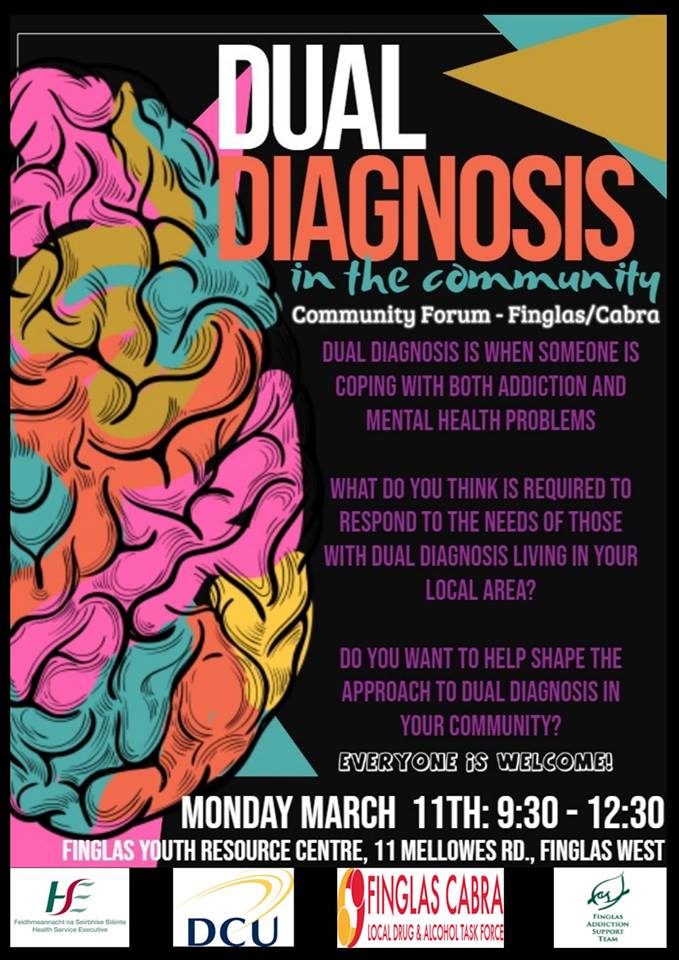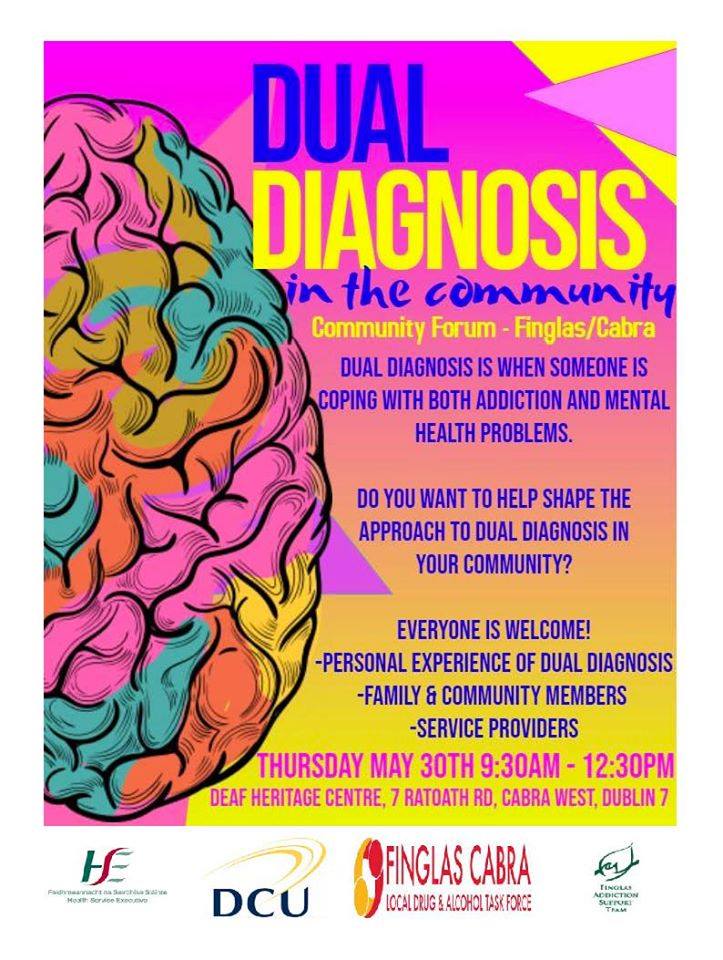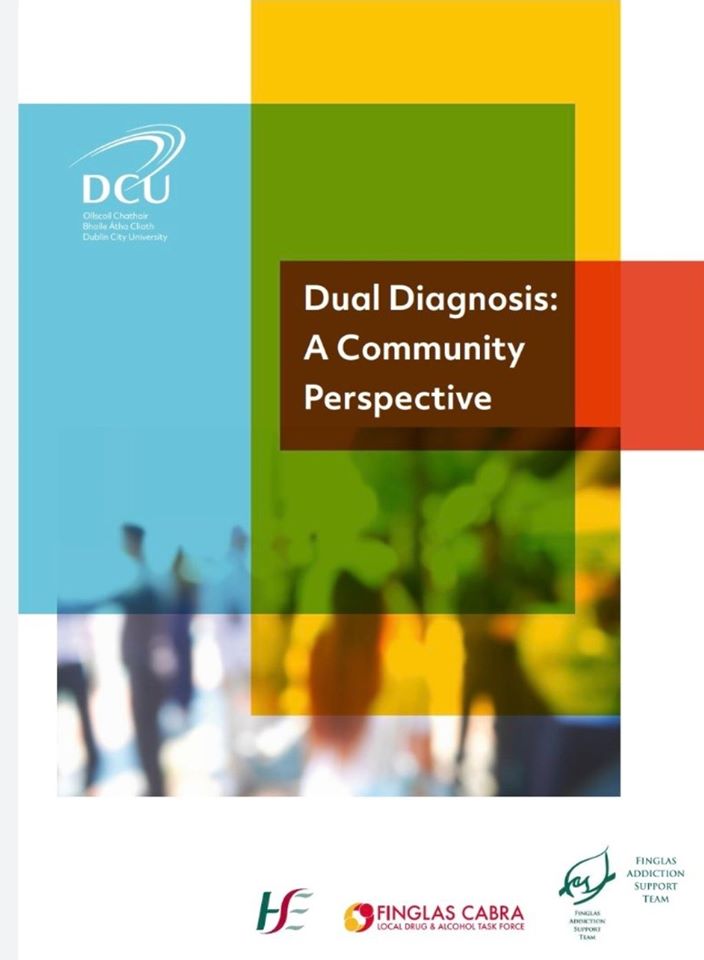CURRENT RESEARCH
DUAL DIAGNOSIS
the “Co-existence of both Mental Health and Substance Misuse Problems for an individual” (Mac Gabhann et al. 2004).
A key strategic priority for FAST is to develop recovery focused integrated care pathways to better meet the needs of clients presenting with dual diagnosis (Mc Crann, 2017). FAST advocate for people with mental health and addiction issues to access the appropriate treatment when they initially present. ‘To put it in the simplest terms, if someone has multiple problems you make treatment more difficult by treating each problem in isolation’ (Fr Peter McVerry). Numerous FAST clients would benefit from a Dual Diagnosis service, facilitating clients to be assessed and treated simultaneously in one location. This research embedded in partnerships will strengthen our knowledge base, inform our collation of data and local trends, reinforce our advocacy and case-making capability and will assist us in our endeavours to influence national policy.
Dublin City University has been commissioned to undertake community research into dual diagnosis. A community research steering group comprising a range of stakeholders across the community, representative of service users, family members and service providers are working with DCU to oversee the research process.
DOCUMENTATION
RESEARCH OUTCOME
Examining ways to address dual diagnosis at both community and organisational level, this study found that accessing appropriate treatment is frequently frustrating for individuals experiencing dual diagnosis and their families.
Those involved in the study shared personal experiences of dual diagnosis and how difficult it was to access appropriate care locally. Family members described how dual diagnosis affects their lives and professionals told of their work with those with dual diagnosis.
The key findings :
Community Response: integrated services, inter-agency collaboration , clear referral pathways and family support.
Organisational Requirements : Training and development for service providers , responses to trauma and a dual diagnosis assessment tool .
Governmental requirements:
- Care Pathways – Re-establish the National Clinical Programme
- Change of policies – Amend the Mental Health Act and clinical governance policies & adopt ‘ No Wrong Door Approach’
- Improved Case Management – Online database, Co – working & one Case Manager per service users .
- Changes to education – Develop Training and education programmes which can incorporate into Interdisciplinary Academic Programme
The full report can be downloaded from Dual Diagnosis Report
The journey to establishing the recommendations and responses to this Community report , to the people with dual diagnoses and their families is ongoing so let’s keep Dual Diagnoses a key priority on our agendas and the local and national agenda.
No closed door !
#letstalkabout dd –
Please read the final Report



